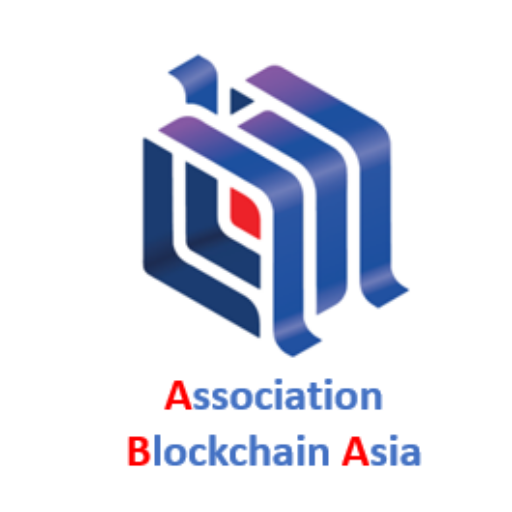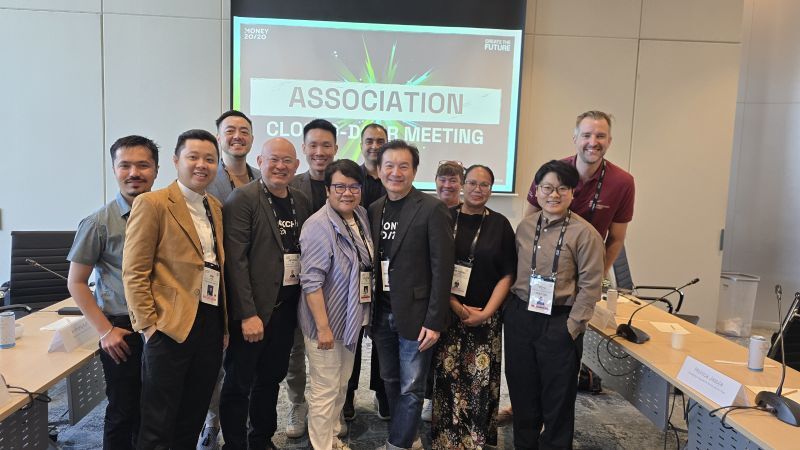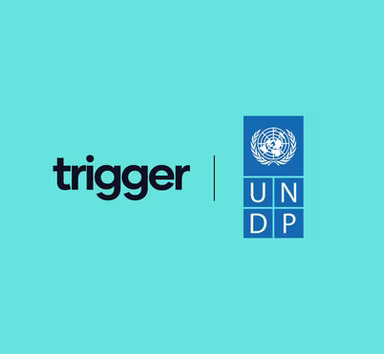Singapore Finalizes Digital Token Service Provider Regulations: A New Era of Compliance and Risk Management

On May 30, 2025, the Monetary Authority of Singapore (MAS) released its official response to the public consultation on the Proposed Regulatory Approach for Digital Token Service Providers (DTSPs) under the Financial Services and Markets Act 2022 (FSM Act). The finalized framework reflects Singapore’s commitment to safeguarding financial stability while enabling innovation in digital finance.
Why These Rules Matter
Digital Token Service Providers—entities that operate from or are incorporated in Singapore but serve clients outside of Singapore—present unique challenges. MAS emphasizes the heightened risks of money laundering and terrorism financing (ML/TF) due to the cross-border and internet-based nature of such businesses. The new regulations aim to preserve Singapore’s reputation and ensure DTSPs do not become vehicles for illicit activity.
Strict Licensing Standards & Limited Approval
MAS confirmed that no transitional period will be provided. All DTSPs must cease operations by 30 June 2025 unless they are granted a license under Section 138 of the FSM Act. Licensing will only be approved under extremely limited circumstances, based on criteria such as:
- Clear economic rationale for operating outside Singapore,
- Compliance with international regulatory standards,
- Transparent business models and governance structures.
Failure to comply will result in criminal penalties.
Financial and Operational Requirements
To ensure only credible and committed applicants proceed, MAS maintains a minimum capital requirement of S$250,000. The annual licensing fee is S$10,000, regardless of business size or scope.
DTSPs must also meet stringent governance and audit standards:
- Approval of key personnel like CEOs and directors,
- Annual independent audits,
- Appointment of a compliance officer based in Singapore.
MAS clarified that compliance functions may be outsourced, but responsibility remains with the licensee.
Cybersecurity and Technology Risk Management
Given the technology-heavy nature of DTSP operations, MAS will enforce comprehensive cyber hygiene and IT governance standards:
- Licensees must report major incidents within one hour of discovery,
- Mandatory use of anti-malware tools, penetration testing, and secure administrative access,
- Implementation of business continuity and recovery protocols.
These standards align with MAS’ broader Technology Risk Management Guidelines, ensuring digital asset service providers remain resilient to cyber threats.
Anti-Money Laundering (AML) and Countering Financing of Terrorism (CFT)
The AML/CFT obligations form the backbone of the framework, with requirements such as:
- Rigorous Customer Due Diligence (CDD),
- Ongoing monitoring of customer relationships and transactions,
- Restrictions on cash payouts above S$20,000 and a prohibition on bearer instruments.
MAS also clarified value transfer rules akin to the FATF’s Travel Rule, requiring licensees to retain and verify sender and beneficiary data on digital token transfers.
Industry Feedback Incorporated
Throughout the consultation, several stakeholders, including ACCESS, BAS, Circle, and IOTA Foundation, raised concerns about implementation timelines, reporting burdens, and overlap with foreign regulatory regimes.
MAS responded by:
- Affirming its position on no transitional period, citing urgency and risk concerns,
- Offering guidance in FAQs and future updates to address sector-specific challenges,
- Clarifying the distinction between employees supporting overseas entities (not regulated) versus individuals running DT businesses from Singapore (regulated).
Implications for Asia’s Blockchain Ecosystem
This regulation marks a significant shift for digital asset businesses operating from Singapore but targeting overseas clients. It signals Singapore’s regulatory maturity and its desire to lead the region in responsible innovation.
For Asia-based blockchain associations and fintech firms, the message is clear: transparency, compliance, and resilience are non-negotiable pillars for cross-border success.
ABA’s Take
Association Blockchain Asia (ABA) will:
- Support members in adapting to new regulatory frameworks,
- Promote best practices in compliance and innovation,
- Foster a trusted digital asset ecosystem across Asia.
As regulatory expectations rise, ABA encourages its members to engage early, invest in compliance capabilities, and explore opportunities for regional collaboration.








Responses